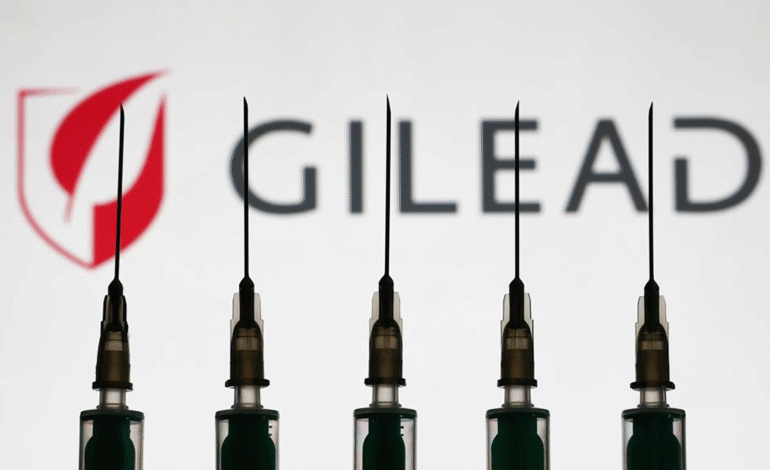European Commission Approves New HIV Preventive Treatment Requiring Only Two Injections Per Year

The European Commission has officially approved a new preventive treatment for HIV (Human Immunodeficiency Virus) to be made available across the European Union, according to a statement released Tuesday by Gilead Sciences, the pharmaceutical company behind the drug.
The new medication, known as “Yeytuo” in Europe and “Yeztugo” in the United States, requires only two injections per year, marking a major shift from most existing preventive options that depend on daily oral pills. This simplified approach is expected to significantly improve adherence and expand protection among high-risk populations, especially in developing countries where consistent daily dosing can be challenging.
The European Medicines Agency’s Committee for Medicinal Products for Human Use (CHMP) had already issued a positive opinion on Yeytuo in July, paving the way for the Commission’s final authorization.
In a statement, Professor Jean-Michel Molina, an infectious disease specialist at Lariboisière and Saint-Louis Hospitals in Paris, highlighted that “around 25,000 new HIV infections are recorded each year in the EU and European Economic Area,” emphasizing that “current prevention strategies are not fully effective for all populations, particularly those at highest risk.”
The United States approved Yeztugo earlier in June, following two clinical trials conducted by Gilead that demonstrated a 99.9% reduction in HIV transmission risk among adults and adolescents.
While the treatment has been hailed as a groundbreaking innovation that could redefine HIV prevention, its high cost has raised concerns about accessibility. Gilead disclosed to Agence France-Presse (AFP) in June that Yeztugo will cost over $28,000 per year per patient in the U.S.
Responding to growing pressure from public health experts and patient advocacy groups, Gilead reached an agreement in 2024 with several generic drug manufacturers to produce low-cost versions of the medication for distribution in more than 100 developing countries, ensuring broader global access and additional dose availability.
In a complementary move, the Global Fund, a public-private partnership dedicated to combating major infectious diseases, announced in July that it had signed an agreement with Gilead to supply the preventive treatment to low- and middle-income countries. This initiative aims to expand global HIV prevention and supports the broader goal of ending AIDS as a public health threat by 2030.








